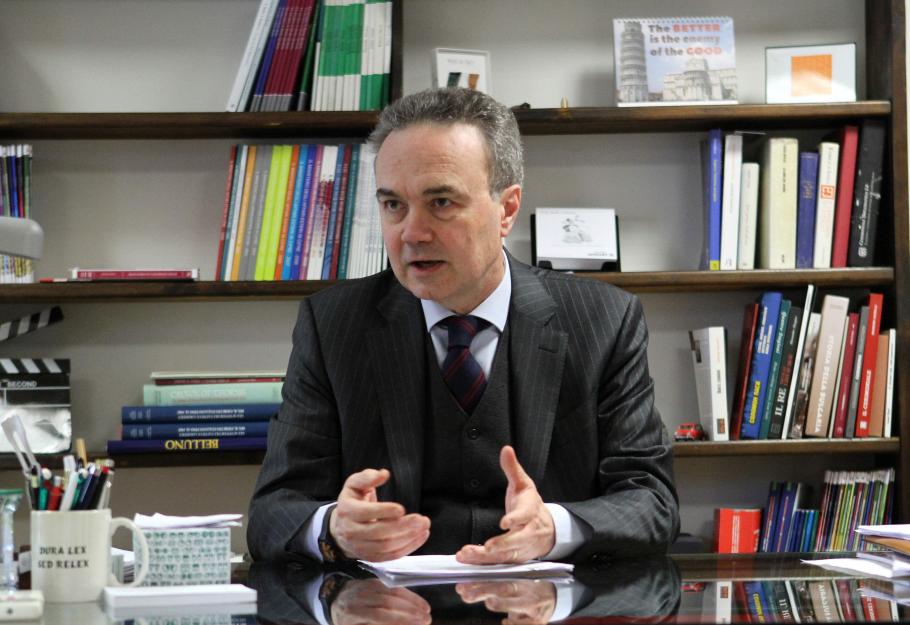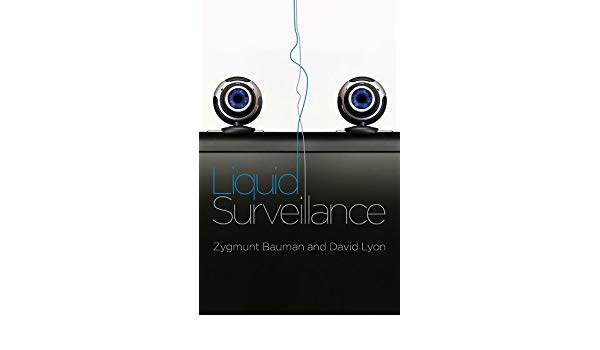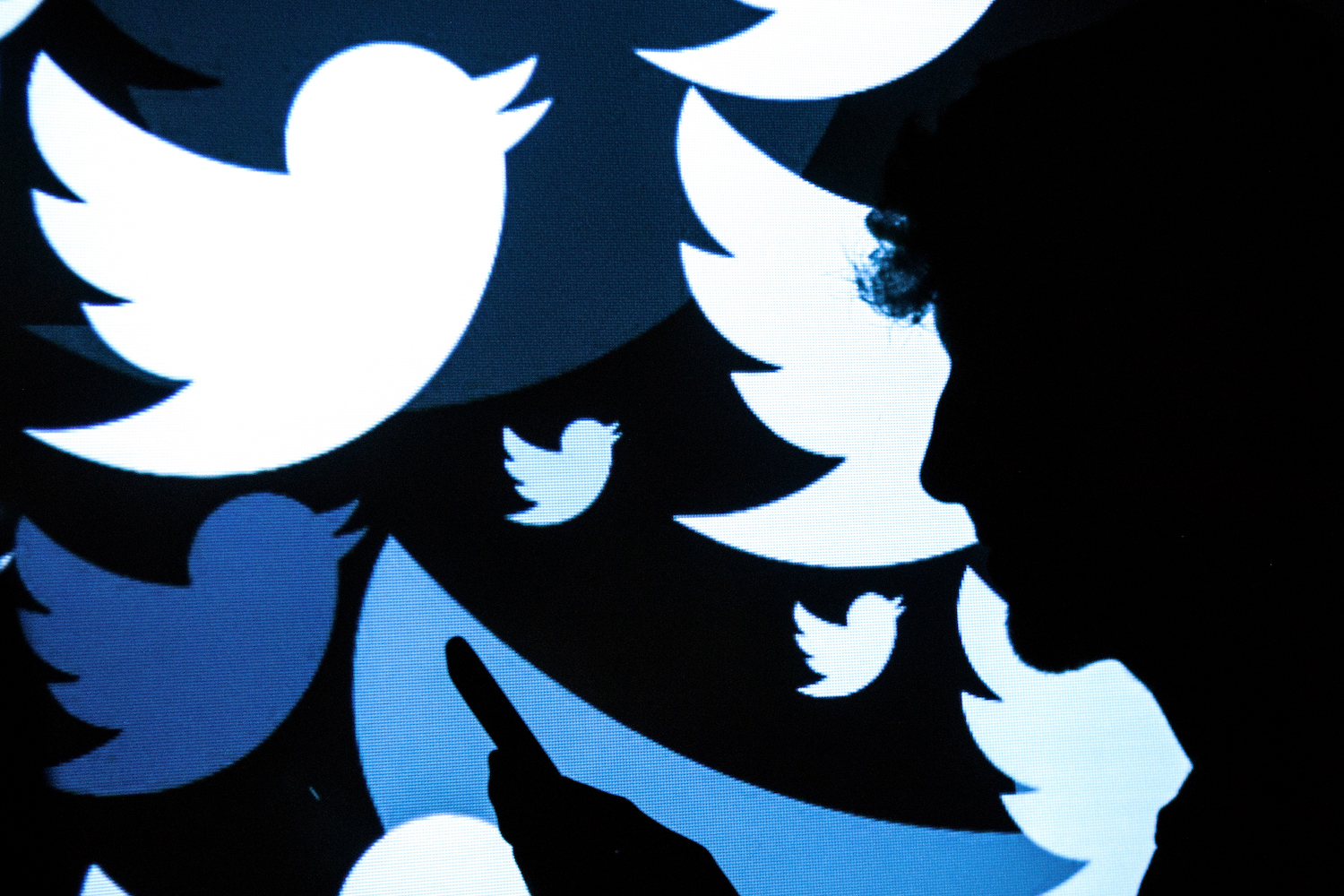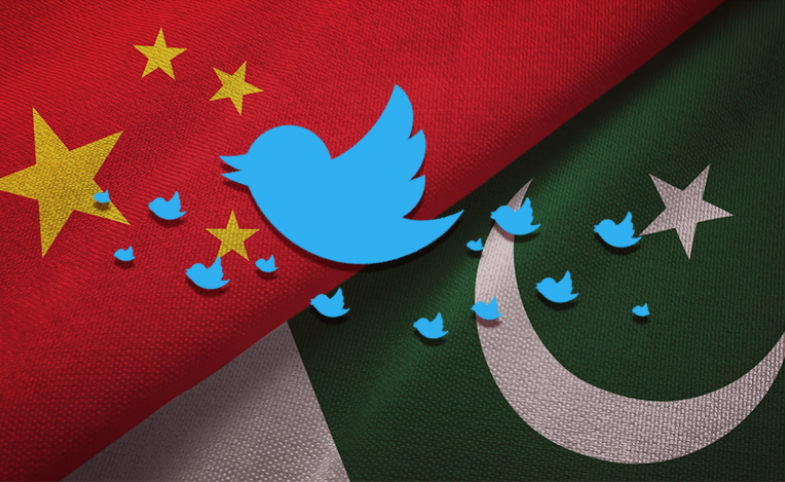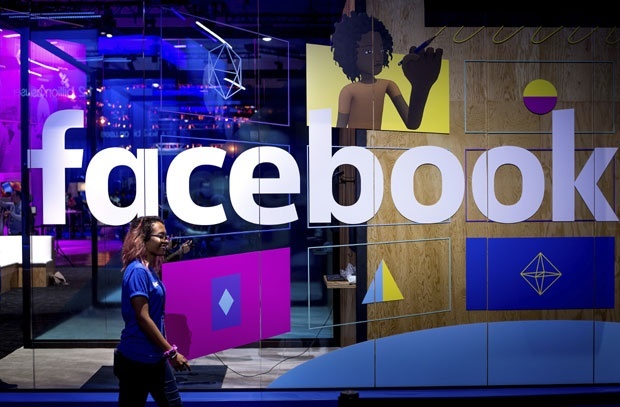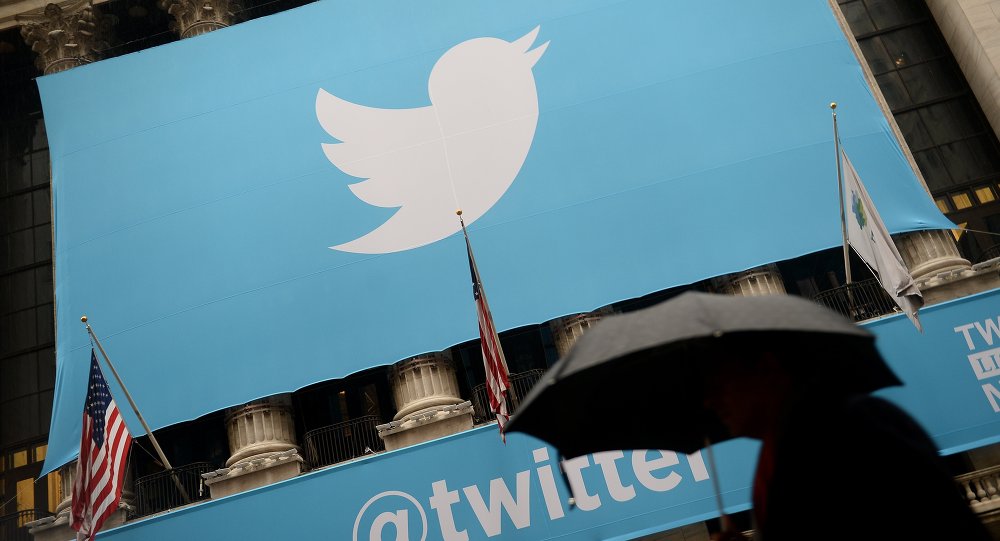New face of diplomacy in a digital world
The use of social media in politics becomes a major player in building consensus. The new technologies have deeply affected the working methods of diplomats and their communication style, says H.E. Stefano Baldi, Ambassador of Italy in Bulgaria, in an interview to Europost.
The Downside of Digital Diplomacy: Life in the Age of Constant Surveillance
Philosophers and political theorists have argued that the goal of every society is complete control. This is also true of democratic societies and herein lies the tension of every democracy. That a government is elected by people to manage its affairs. Yet soon that very government strives to control its citizenry. Free people thus freely put on the shackles of their domination.
In the digital age, control is gained through data. Governments have at their disposal swarms of data gathered on every citizens ranging from his/her blood pressure, as monitored by HMOs, to his/her credit history, as reviewed by banks. Information that cannot be accessed by governments, soon surrenders to their authority. Such was the case when Facebook allowed US intelligence agencies to access its databases. Notably, Facebook’s is perhaps the most invasive, sensitive and awesome database ever created. Using its algorithms, Facebook is able to deduce one’s political affiliation, sexual orientation, health st..
Thumb-Boat Diplomacy Could Undo U.S. Foreign Policy
Tweet offensives have become a favored method of communication among world leaders. Led by U.S. President Donald Trump and now emulated by his lieutenants,...
Twitter’s Role in CPEC & China-Pakistan Relations
"The China-Pakistan Economic Corridor in Social Media: A Critical Discourse Analysis" analyzes the strong role of Twitter in shaping Pakistan's positive national narrative of the China-Pakistan Economic Corridor (CPEC), the portion of China's Belt & Road Initiative (BRI) that cuts directly through Pakistan, border-to-border. The authors note that Pakistan's population of 200+ million people is one of the world's largest and fastest-growing social media audiences.
“In nearly 70 years of friendship and close cooperation between China and Pakistan, the CPEC has emerged as a climax bringing both countries closer through greater Chinese investment under the BRI," write Ahmed, Rojratanakiat and Taekasem. "Twitter..
Fejsbuk obrisao naloge, stranice i grupe iz Rusije
„Fejsbuk“ je uklonio je tri mreže naloga, stranica i grupa iz Rusije koje su orijentisane na afričke zemlje zbog „stranog mešanja“, navodi se u saopštenju te kompanije.
Revolucija na društvenim mrežama: Tviter zabranio političke oglase
Kompanija „Tviter“ objavila je da zabranjuje sve političke oglase na toj društvenoj mreži.
„Domet takvih poruka treba da bude zaslužen, a ne kupljen“, objavio je direktor kompanije Džek Dorsi u seriji tvitova upravo na toj društvenoj mreži.
Danas je 50. rođendan Interneta
Sada već tako davnog 29. oktobra 1969. godine na UCLA univerzitetu u Kaliforniji, profesor Len Kleinrock i njegov tim poslali su prvu poruku preko...
Increasing ROI in Digital Diplomacy
In recent years, digitalization has swept through diplomatic institutions altering diplomats’ working routines, norms, values and working procedures. In less than a decade, Ministries of Foreign Affairs (MFA) have migrated to social media, launched virtual embassies, written algorithms, created smartphone applications and conducted consular simulations. Some MFAs have been able to invest substantial resources in their digital evolution creating dedicated digital departments and appointing digital Ambassadors. Yet for smaller, and ‘poorer’ MFAs, digitalization serves as a major challenge. Indeed, in many MFAs, digital diplomacy departments are overstretched, undermanned and forced to rapidly adapt to changing circumstances. Shrinking government resources, alongside growing expectations, could suggest that additional MFAs will soon be struggling to keep up with digital changes ranging from the launching of new social media networks to the rise of 5G communications.
The question is how c..
Food and Power
The Oxford Food Symposium has not always held an obvious link to foreign policy, but diplomacy was there at its conception. It was co-founded by a diplomat named Alan Davidson, whose Foreign Office career ended as Ambassador to Laos in the early 1970s. It was while on a posting to Tunisia that Davidson, frustrated at the lack of a decent book on the local seafood, embarked on a parallel career as a food writer, with Seafish of Tunisia and the Central Mediterranean. Food guru Elizabeth David took the book under her wing, or perhaps fin, and it reappeared in expanded form as a Penguin publication with the snappier title Mediterranean Seafood.
Following his retirement from the Foreign Office, Davidson spent an academic year at St Anthony’s Oxford in the late 1970s, conducting research on science in the kitchen from an historical perspective..
Festival della Diplomazia a Roma, ecco tutti gli appuntamenti
Il Festival della Diplomazia, diretto verso la X edizione, nasce nel 2009 dalla consapevolezza della centralità di Roma in ambito internazionale. Nella città, infatti,...





